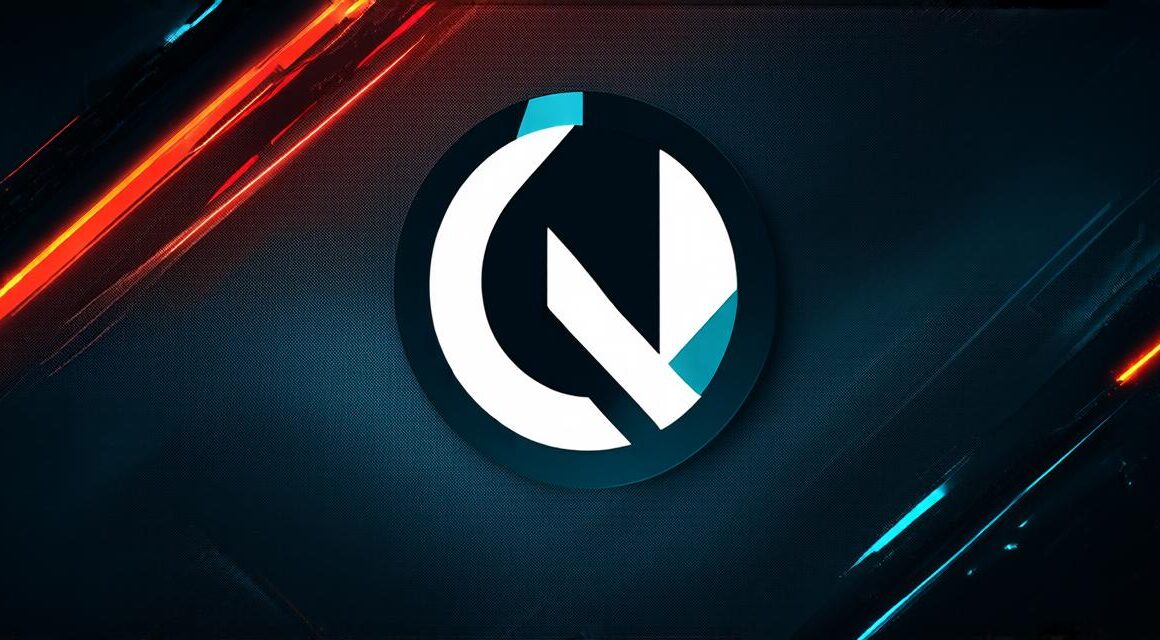Key Features of Unity
One of the primary benefits of using Unity is its extensive set of features that cater to a wide range of game development needs. Here are some key features that make Unity stand out from other game engines:
- Cross-platform compatibility: Unity supports multiple platforms, including Windows, Mac, Linux, iOS, Android, and consoles. This feature allows developers to create games that can be played on a variety of devices with minimal code changes.
- 2D and 3D graphics: Unity offers both 2D and 3D graphics capabilities, making it suitable for creating both 2D and 3D games. Developers can choose the appropriate graphics mode based on their game’s requirements.
- Asset store: Unity has a vast asset store that contains pre-built assets such as characters, environments, and effects. These assets can save developers significant time and effort in creating complex game elements from scratch. The asset store also provides a wide range of plugins and tools that can enhance the functionality of the engine.
- Scripting support: Unity supports various scripting languages, including C and JavaScript, making it easier for developers to write code and integrate third-party libraries. This feature allows developers to write custom scripts or use existing ones to create complex game mechanics and interactions.
- Physics engine: Unity comes with a built-in physics engine that can simulate complex physical interactions in games, such as collisions, rigidbody dynamics, and soft body dynamics. The physics engine is highly customizable, allowing developers to fine-tune the behavior of objects in their game world.
Performance and Versatility
Unity’s performance and versatility are two of its most significant advantages over other game engines. Here are some ways Unity excels in these areas:
- High-performance rendering: Unity uses a lightweight rendering engine that can deliver high-quality graphics at low frame rates, making it ideal for mobile and console gaming. The rendering engine is highly optimized, which allows it to run smoothly on devices with limited processing power or memory.
- Cross-platform optimization: Unity’s code optimization tools allow developers to optimize their games for different platforms, ensuring that they run smoothly on all devices. This feature enables developers to create games that can be played across multiple platforms with minimal changes to the codebase.
- Real-time development: Unity allows developers to create and test games in real-time, enabling them to iterate quickly and make changes on the fly. The real-time development capabilities of Unity allow developers to create prototypes and test new game mechanics and features more quickly than with other game engines.
- Scalability: Unity can scale from simple 2D games to complex 3D games with ease, making it a versatile tool for game development needs of all sizes. The engine’s modular architecture allows developers to add or remove features as needed, depending on the requirements of their game.
Case Studies
To illustrate the potential of Unity as a game engine, let’s look at some real-life examples of successful games created using this technology:
- Temple Run: Temple Run is one of the most popular mobile games in history, with over 1 billion downloads worldwide. The game was developed using Unity and showcases the engine’s ability to deliver high-quality graphics and smooth performance on mobile devices.
- Puzzle Kingdoms: Puzzle Kingdoms is a social puzzle game that was created using Unity. The game features a rich 3D environment, complex physics interactions, and real-time multiplayer capabilities, demonstrating the versatility of Unity in creating engaging games.
- Monster Hunter World: Monster Hunter World is a popular action role-playing game developed by Capcom using Unity. The game features stunning 3D graphics, intricate monster designs, and smooth gameplay, showcasing the power of Unity’s rendering engine and physics simulation capabilities.
- Beat Saber: Beat Saber is a music rhythm game created by Beat Games using Unity. The game features immersive visuals, dynamic soundtracks, and intuitive gameplay mechanics, demonstrating how Unity can be used to create innovative and engaging games in the music genre.
Conclusion
Unity’s extensive set of features, high-performance rendering capabilities, versatility, and real-time development capabilities make it an incredibly popular choice for game developers. The engine’s modular architecture allows developers to customize it to suit their specific needs, making it suitable for creating games across multiple platforms. With Unity’s vast asset store and support for various scripting languages, developers can create engaging and innovative games with minimal effort.



